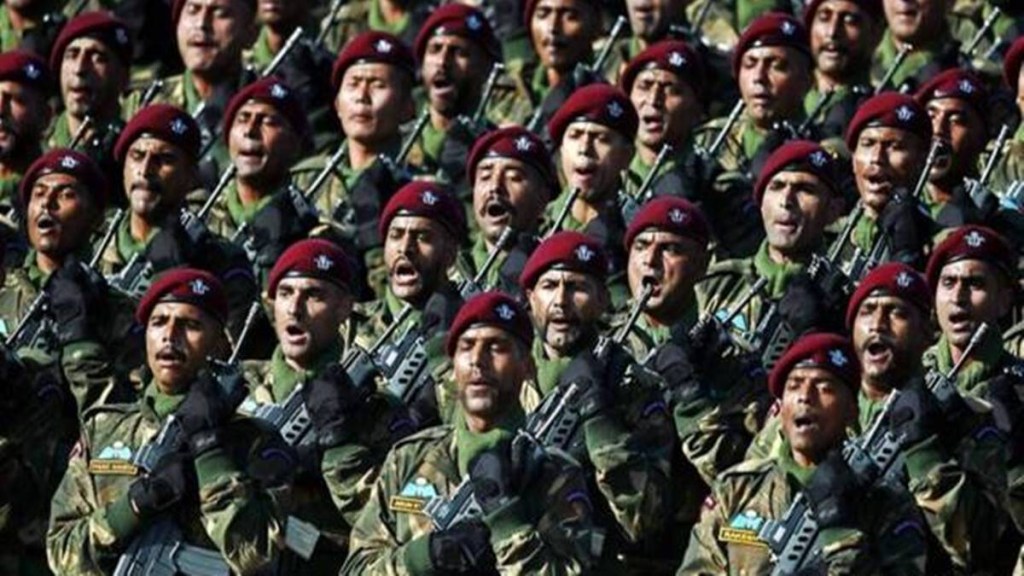The Indian military is taking a decisive step toward strengthening jointness and integration with a five-day leadership programme designed to prepare senior officers for future strategic challenges. The Combined Operational Review and Evaluation (CORE) programme, conducted by the Headquarters Integrated Defence Staff (IDS), begins on Monday and is a key initiative in advancing the long-awaited theaterisation reform.
For the first time, IDS is hosting this leadership development programme aimed at enhancing the strategic planning skills of senior military officers, as well as officials from the defence, home, and external affairs ministries. According to the Ministry of Defence, the programme is expected to improve jointness and coordination, essential prerequisites for establishing theatre commands that will integrate the Indian Army, Navy, and Air Force under unified operational commands.
“The effective conduct of future wars will hinge on three vital elements: military leaders, combatants (man-machine interface), and support staff,” the Ministry of Defence stated, underscoring the critical role senior military officers will play in leading the armed forces through future conflicts. With global warfare dynamics constantly evolving, it is imperative for future leaders to stay ahead of geopolitical shifts and technological advancements.
This initiative follows closely on the heels of the Joint Commanders’ Conference held in Lucknow, where Defence Minister Rajnath Singh highlighted the importance of joint vision and synergy in modern military operations. He pointed to recent global conflicts, such as the ongoing wars in Ukraine and between Israel and Hamas, as reminders of the unpredictable nature of warfare and the need for constant vigilance. Singh urged the military leadership to analyze these conflicts to better understand the challenges India may face in the future.
“It is essential to cultivate a joint vision that enables a swift and proportionate response to any provocations,” Singh noted during the Lucknow conference. His comments come as the military prepares to present its blueprint for theaterisation to the government for final approval. Once implemented, this model will establish region-specific commands, including a China-focused northern theatre command in Lucknow, a Pakistan-centric western theatre command in Jaipur, and a maritime theatre command based in Thiruvananthapuram.
The CORE programme has been specifically designed for two-star officers from the three services, marking a shift in how senior military personnel are trained to think strategically and plan for future conflicts. The programme will feature lectures and panel discussions led by 30 prominent speakers, who will cover topics such as the changing nature of warfare, cyber and information warfare, and the adoption of artificial intelligence and autonomous systems in military operations.
Chief of Defence Staff General Anil Chauhan, who has been a strong advocate for the theaterisation model, echoed the need for greater jointness during the Lucknow conference. He stressed the importance of integration among the services to effectively adapt to modern warfare. The establishment of theatre commands, he argued, would allow the military to act with greater speed and efficiency in times of crisis.
With the armed forces on the cusp of this critical reform, the CORE programme represents a significant step toward aligning leadership with the demands of future warfare. As the military looks to secure approval for its theaterisation blueprint, initiatives like this programme are set to play a pivotal role in shaping the next generation of military leaders.

